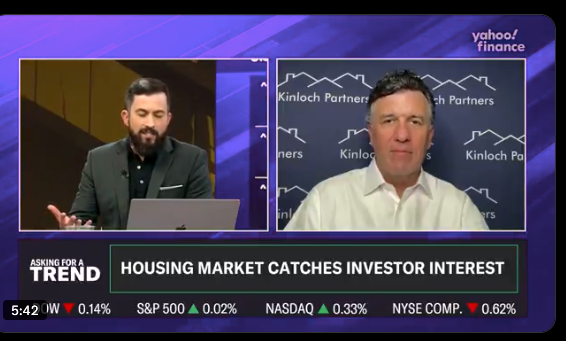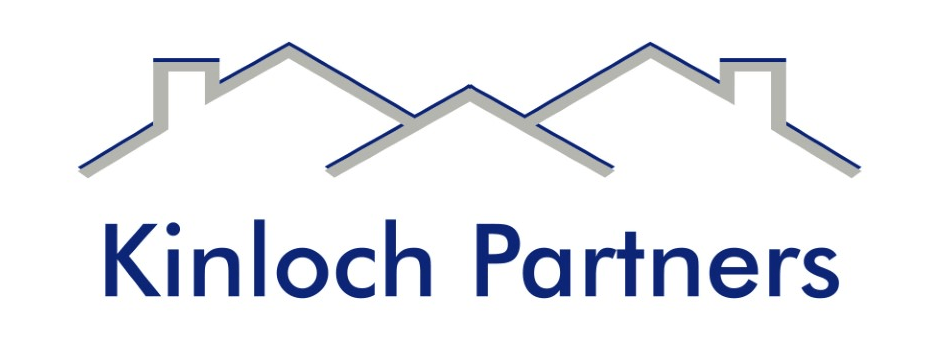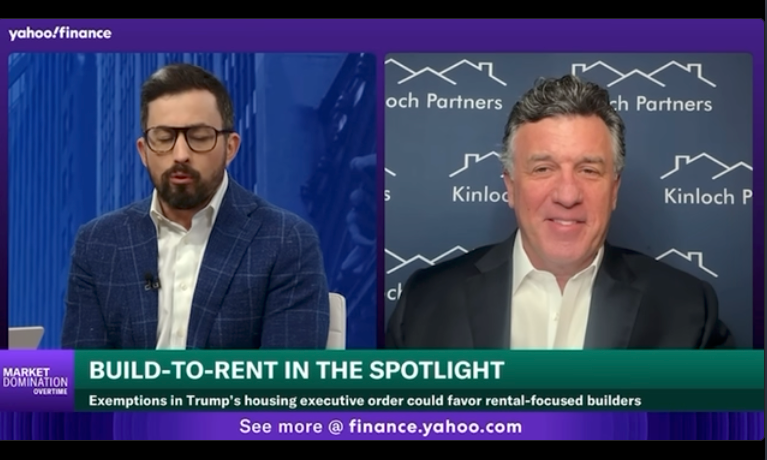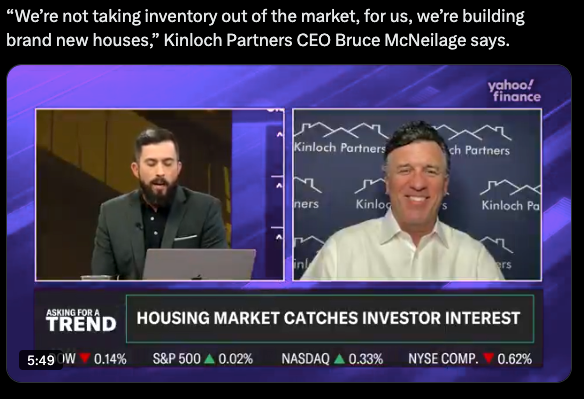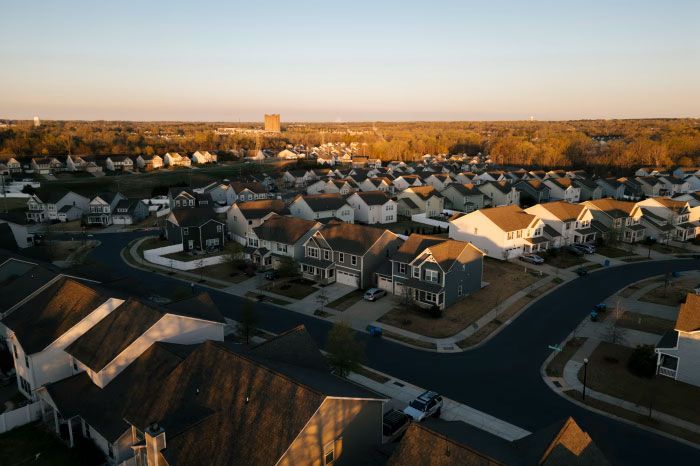Giarratana: Expect 505 tower condo conversion decision early next year
Giarratana: Expect 505 tower condo conversion decision early next year
GETAHN WARD | THE TENNESSEAN
7:12 pm CDT May 19, 2017
STORY HIGHLIGHTS
- Condo brokers say converting 505’s top 15 floors to condos would be a no-brainer.
- By one estimate, fewer than 60 resale condo units are on the downtown market.
- The co-developer and architect for Poston at the Park just paid $2.15 million for a penthouse at that development.
- Half of the 72 condos at CityLights in the Rutledge Hill area are under contract.
Workers on the 45th floor of 505, which is rising at the corner of Fifth and Church.
BILL HOBBS
Whether some residential units at the 505 tower that’s rising at downtown ‘s Fifth and Church will be condos instead of apartments should become known early next year.
That’s when the developers are expected to pay off the construction loan, removing any restriction on such a conversion that’s craved by Nashville area condo brokers.
“We believe that there’s demand for condos at the top of this building, but we will only be renting apartments as construction is ongoing and the construction financing is in place,” co-developer Tony Giarratana said in promising an evaluation early next year.
Giarratana was speaking after Thursday’s “topping out” ceremony at which the highest beam was installed and the final layer of concrete poured on the building’s 45th floor. 505, downtown Nashville’s tallest residential high-rise, will include 543 residences —350 on the first 29 levels with the high-rise portion of 193 units starting on level 30.
Workers carry the beam signed by guests at the “topping out” ceremony to be installed, signaling construction of 505 reaching the highest point.
BILL HOBBS
In remarks, Nashville Mayor Megan Barry credited Giarratana with helping to fuel growth of downtown, which has 10,000 residents. “He’s made this place a vibrant neighborhood and this adds more vibrancy and more places for people to live,” she said.
For condo brokers such as Chad Wohlers of Parks in the Gulch, converting the top 15 floors of 505 to condos would be a no-brainer considering downtown’s tight supply of available units.
He counts fewer than 60 condos available for resale at six buildings — Icon in the Gulch, Terrazzo, The Viridian, Encore, The Adelicia and Rhythm At Music Row. That’s only a three-month supply, according to the Nashville Downtown Partnership, whose own tracking shows 61 available resale condos with another 22 already under contract.
Nashville Mayor Megan Barry and 505 developer Tony Giarratana shake hands during the “topping out” ceremony on May 18, 2017.
BILL HOBBS
“That’s not a lot for a market the size of Nashville,” Wohlers said, adding that he has several people interested in buying condos at the 505 skyscraper. “The condo market is stronger than the rental market and Nashville needs new high-rise condo inventory.”
At 505, the first apartments will be available in October, with all units and amenities set for completion by January. Archer Western Construction, a subsidiary of Giarratana’s equity partner in 505, Chicago-based The Walsh Group, is the general contractor.
Monthly rents for the low-rise studios, convertibles, one-bedroom, and two-bedroom apartment units at 505 range from $1,500 to $3,800. The high-rise units will rent for $2,200 to $6,700 a month.

Tony Giarratana
SUBMITTED
Outside of downtown Nashville, 92 percent of the 121 condo units at developer Bruce McNeilage’s Solo East project in East Nashville have been sold. He’s planning to start work by the end of the summer of the 110-unit Solo Lofts condo project on Dickerson Pike and working on plans for Solo North and Solo West in North and West Nashville.
Half of units at Poston at the Park, CityLights sold or under contract
At the Poston at the Park condo project near Centennial Park off West End Avenue, just over half of the 27 residences have been sold with eight people already moved in. Those sales include one of two roughly 3,400-square-feet penthouse units, which co-developer Joe A. Owen and project architect Don Meeks bought for $2.15 million.
The remaining 13 condos are each priced between $800,000 and $2.1 million, said LaRawn Rhea, a spokeswoman for Poston at the Park. Amenities include a saltwater pool and a rooftop terrace with views of downtown and Vanderbilt’s football stadium.

Bruce McNeilage
A view from the top of 505 also showing the twin spires of 333 Commerce Street, which is nicknamed The Batman Building.
BILL HOBBS
Architect Meeks is among co-developers of CityLights in the Rutledge Hill area, where half of the 72 condos are under contract at prices ranging from the upper $500,000s to $2 million. The seven-story building is expected to be completed at the end of 2018.
Parks broker Wohlers sees stronger demand for high-rise condos versus those in mid-rise buildings.
Reach Getahn Ward at gward@tennessean.com or 615-726-5968 and on Twitter @getahn.
505 will be downtown’s tallest residential skyscraper.
BILL HOBBS
Located at Fifth and Church, 505 will be downtown Nashville’s tallest residential high-rise tower.
BILL HOBBS
Originally Published 7:48 pm CDT May 18, 2017
Updated 7:12 pm CDT May 19, 2017
© Copyright Gannett 2017
